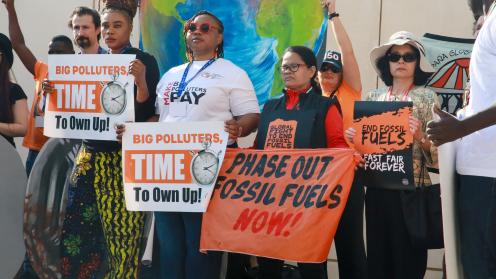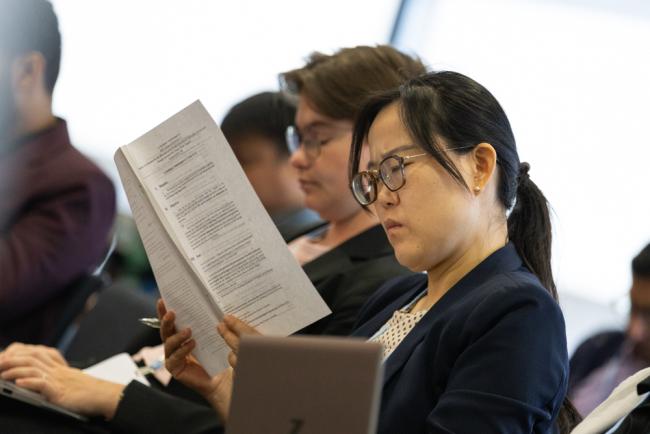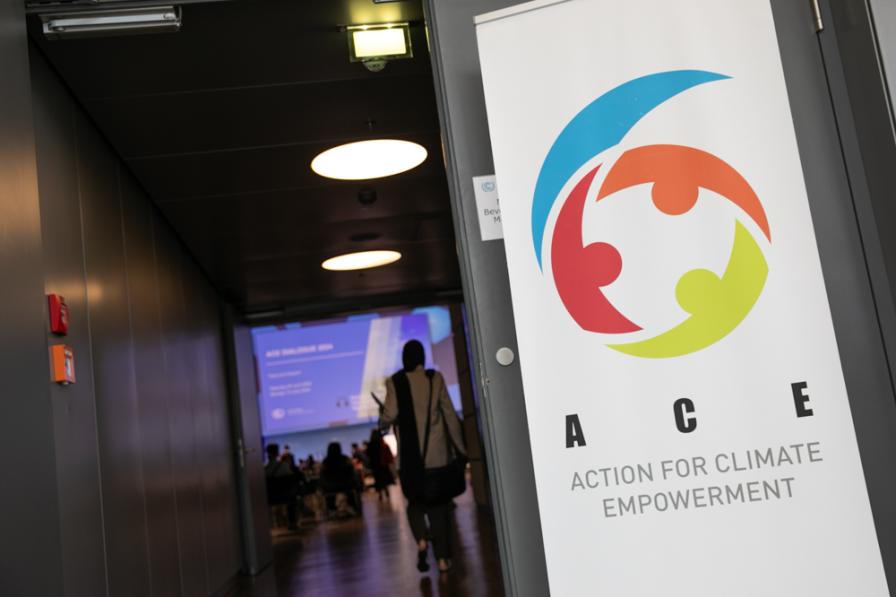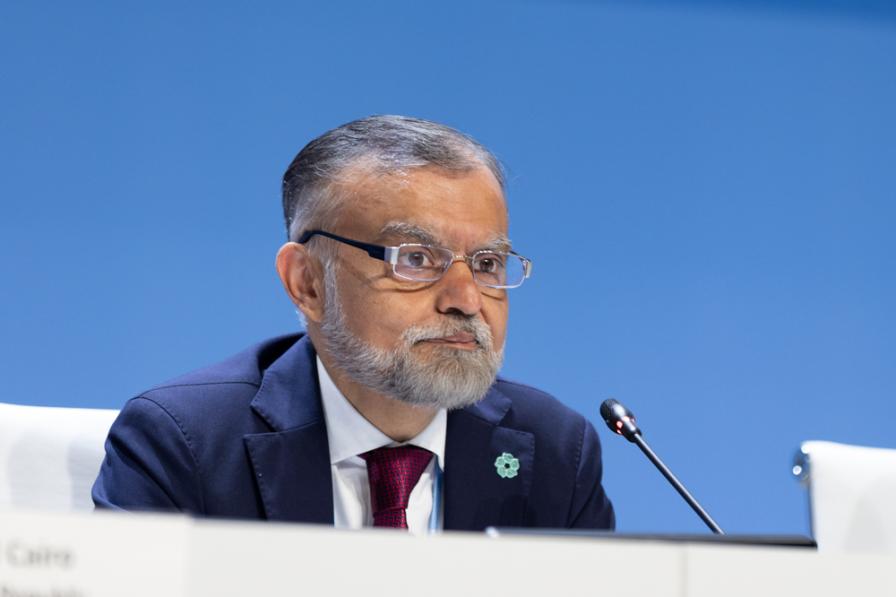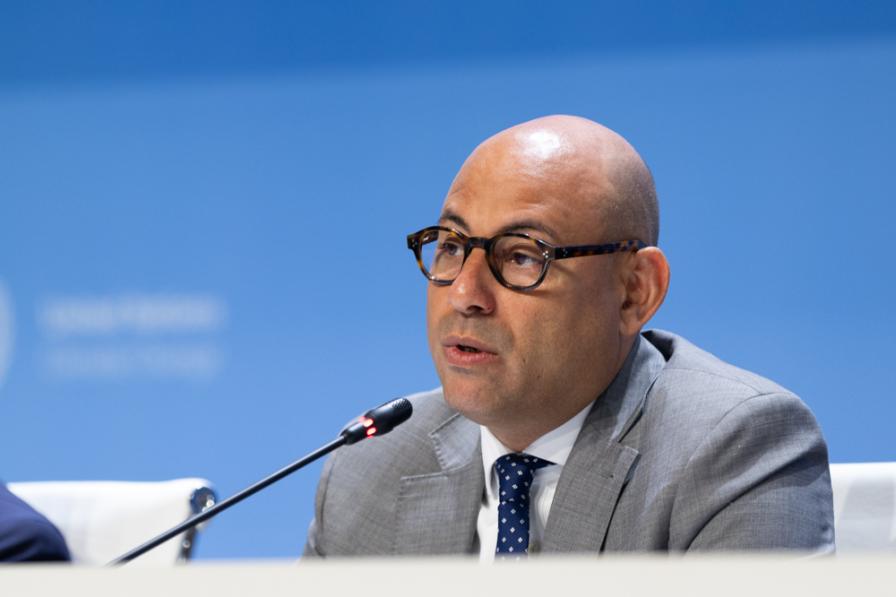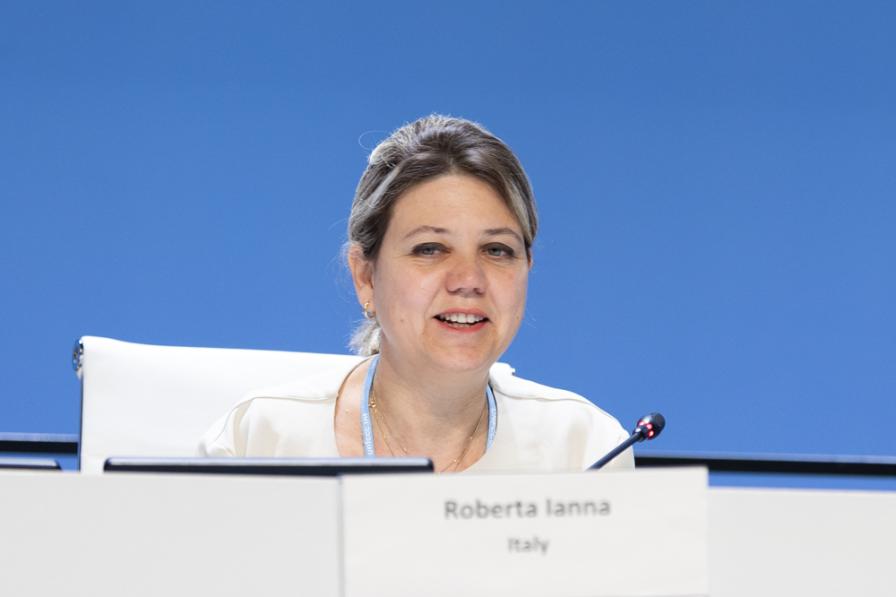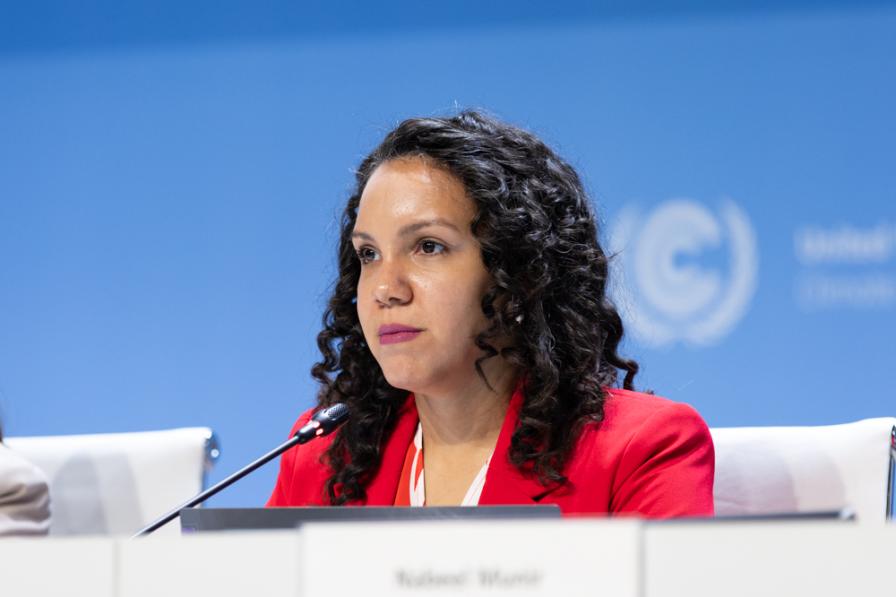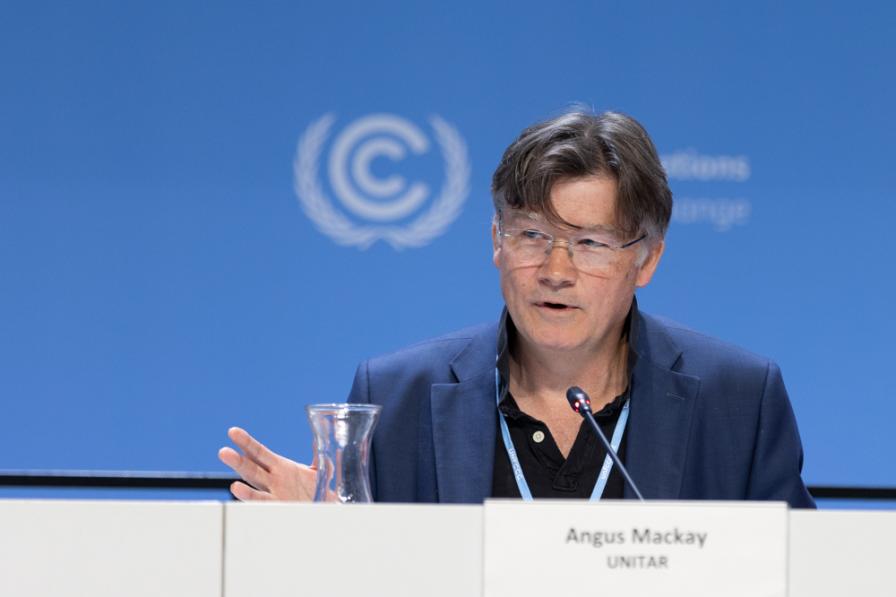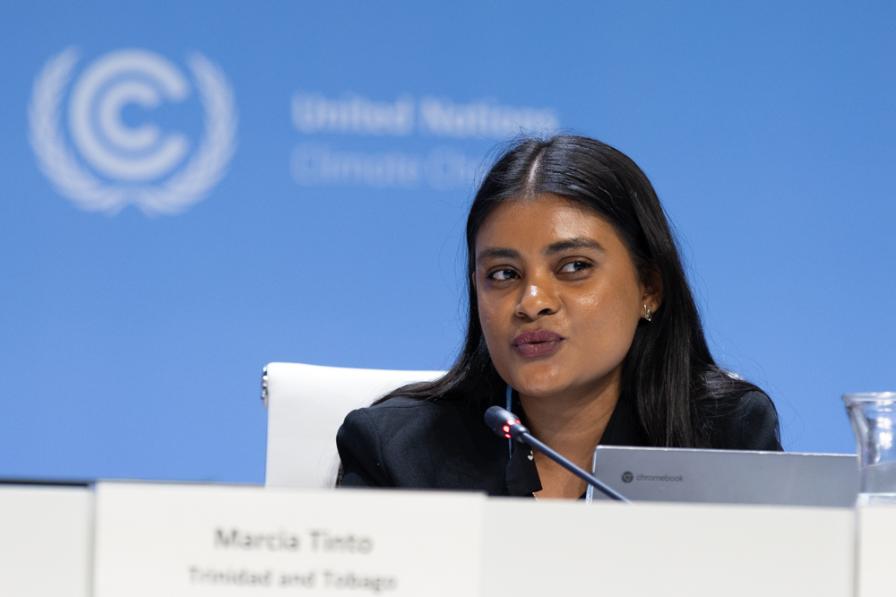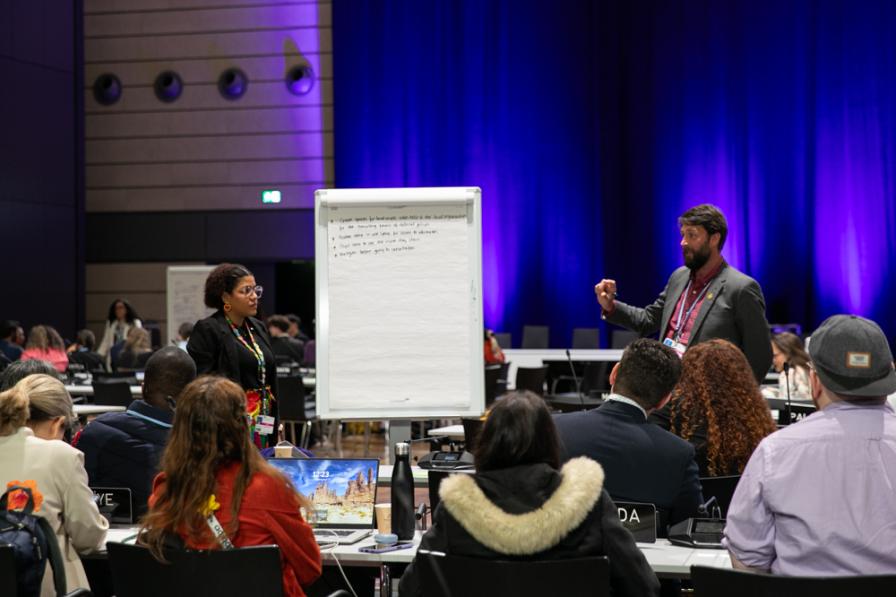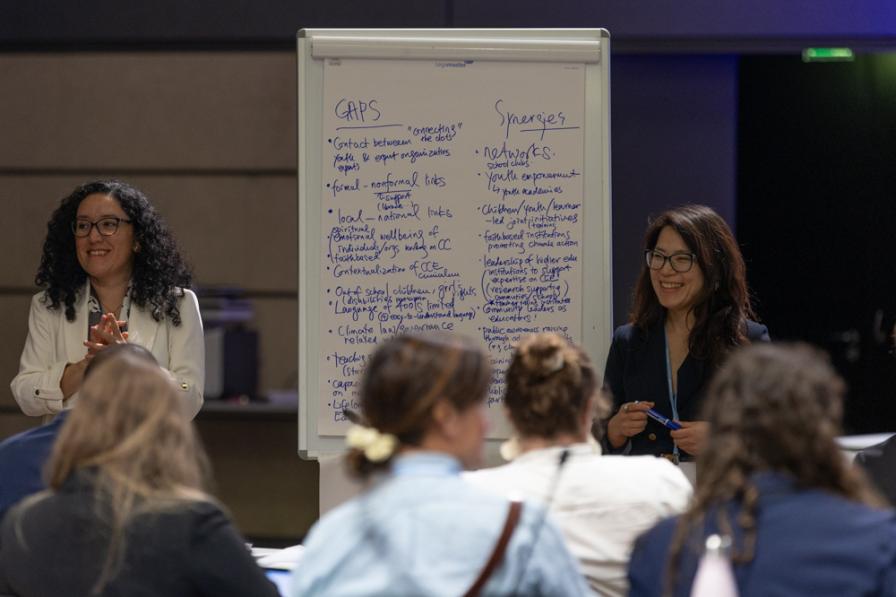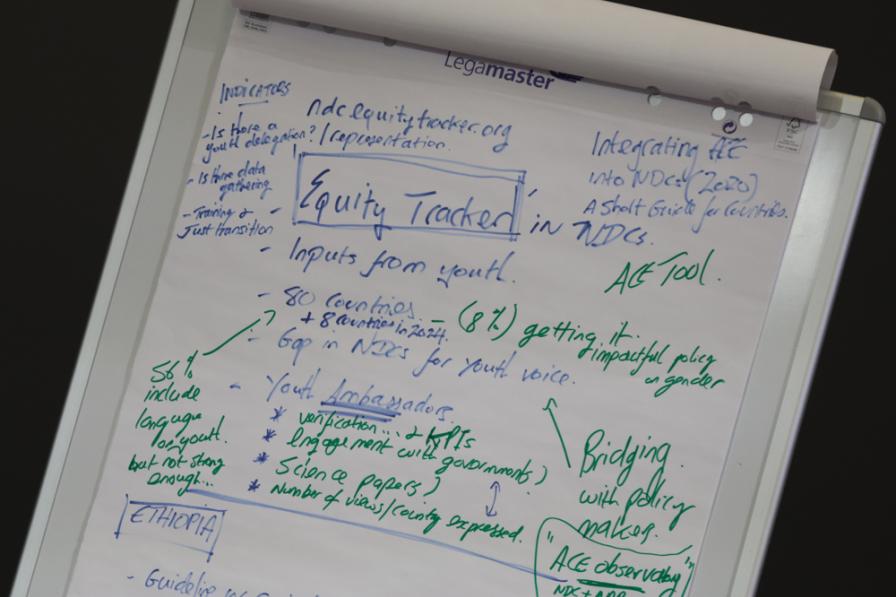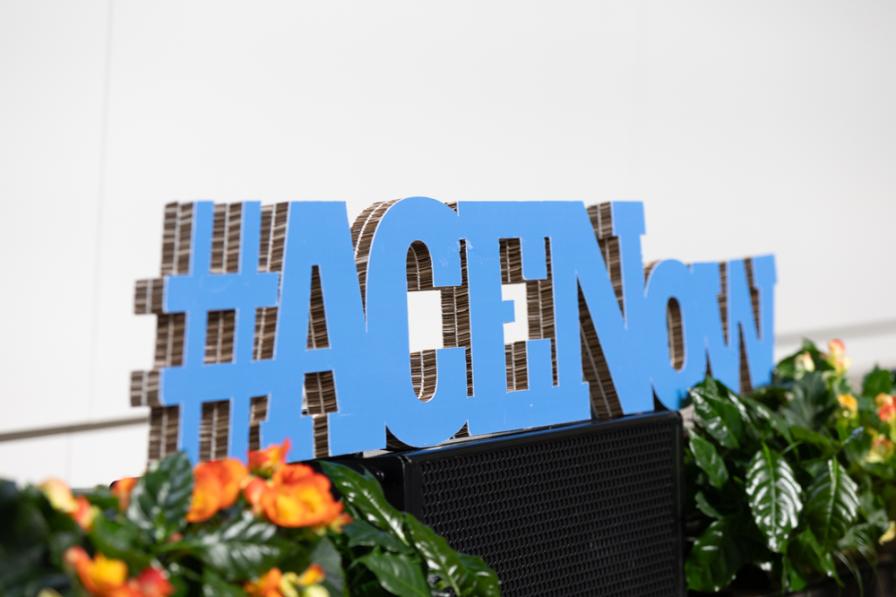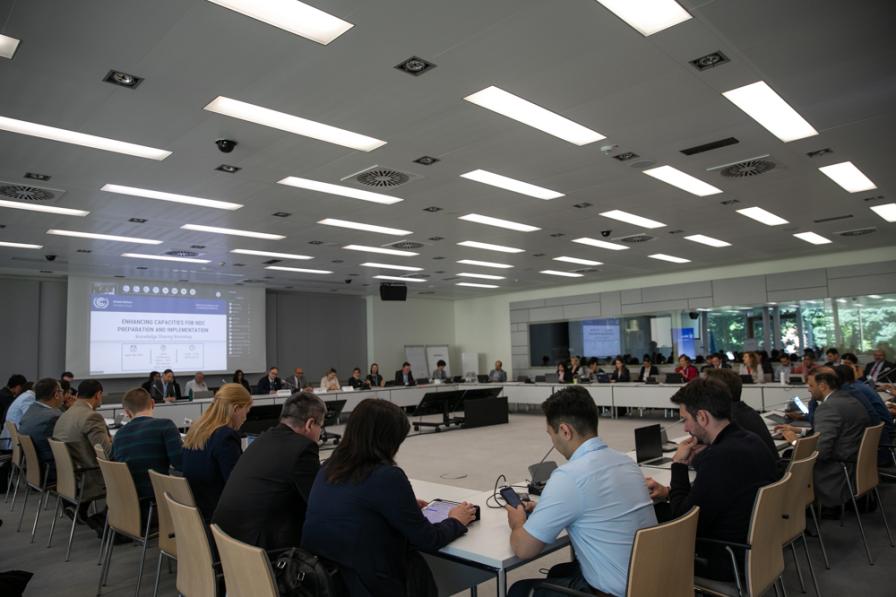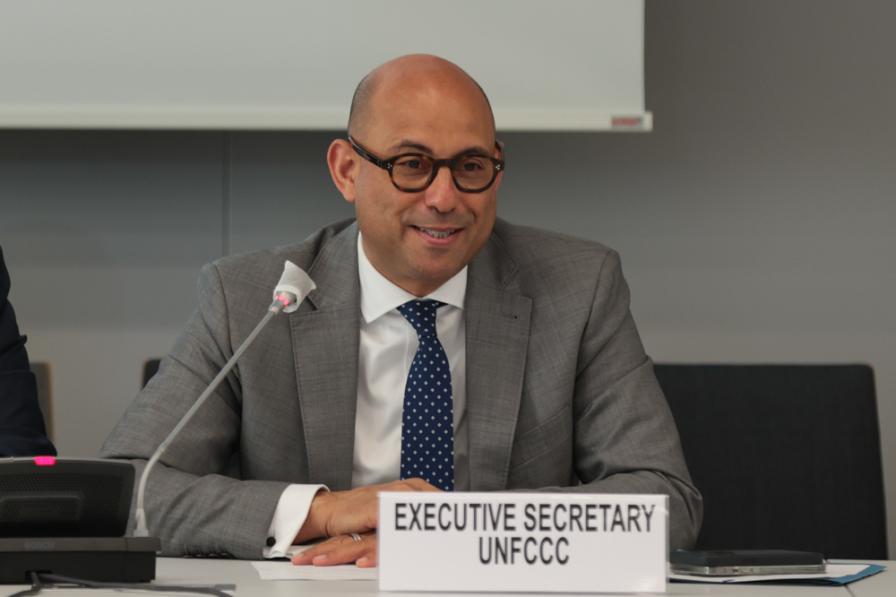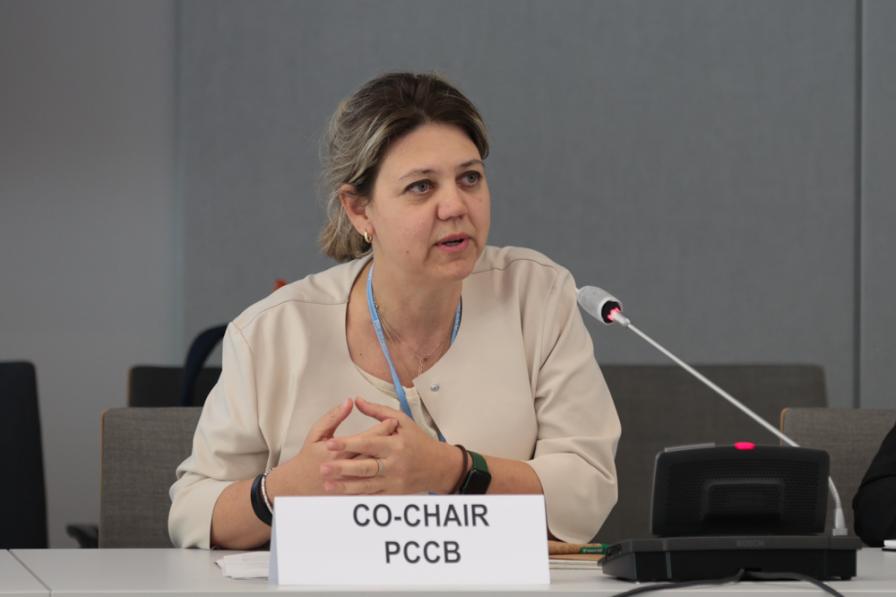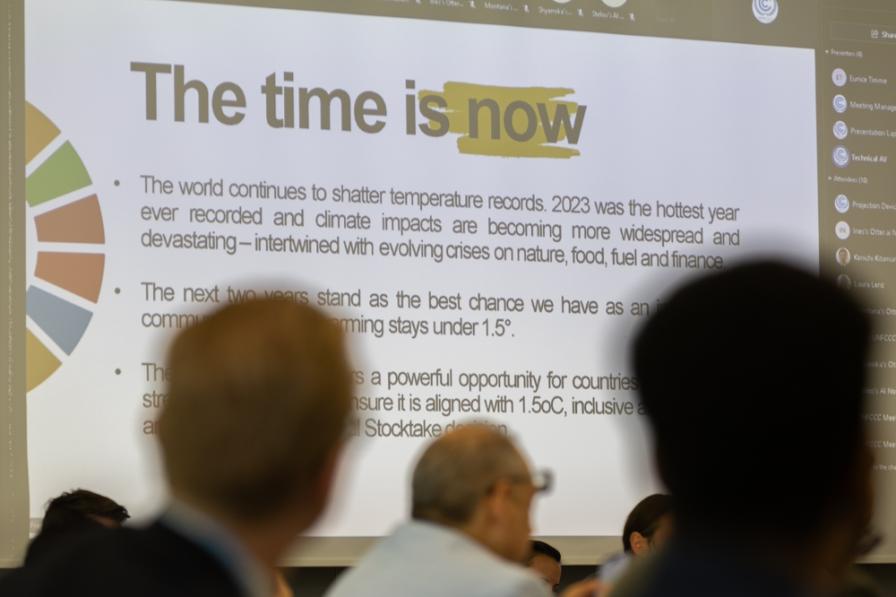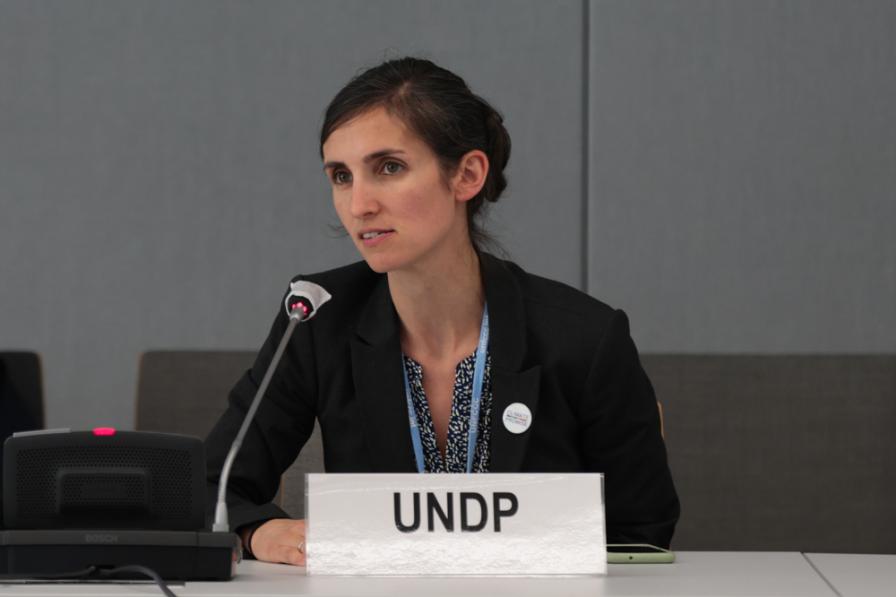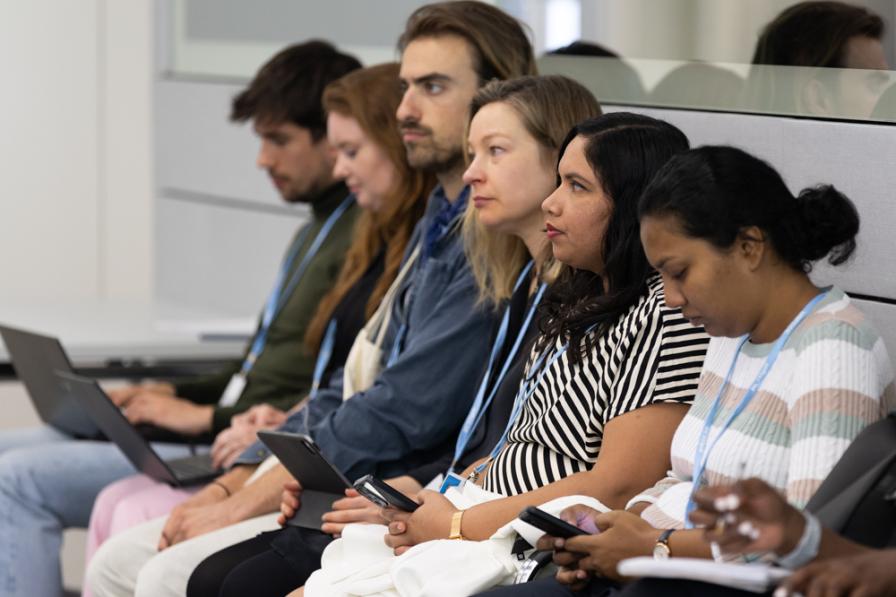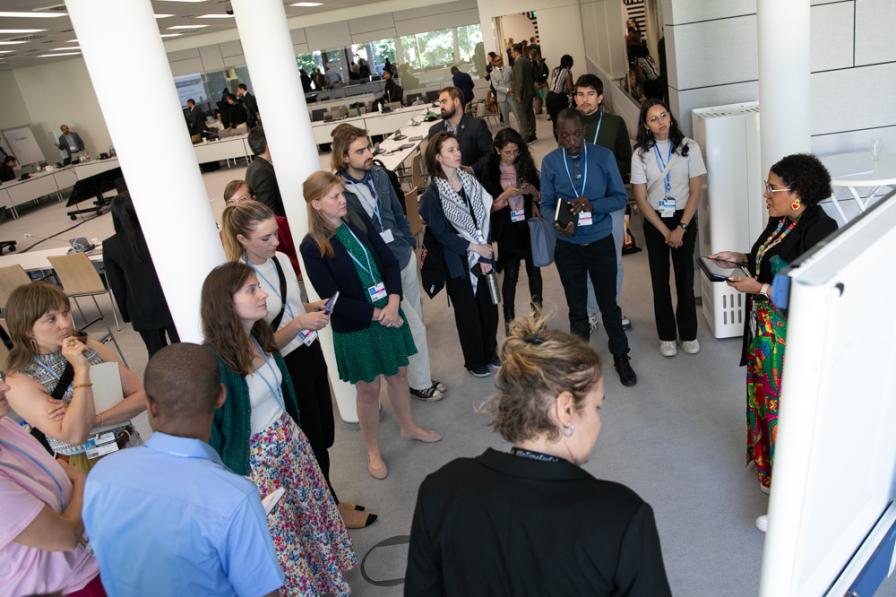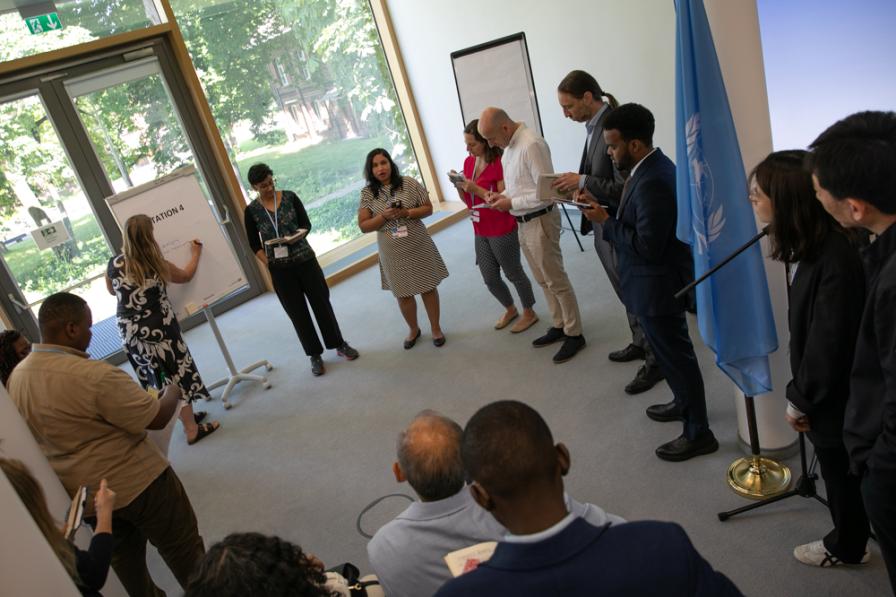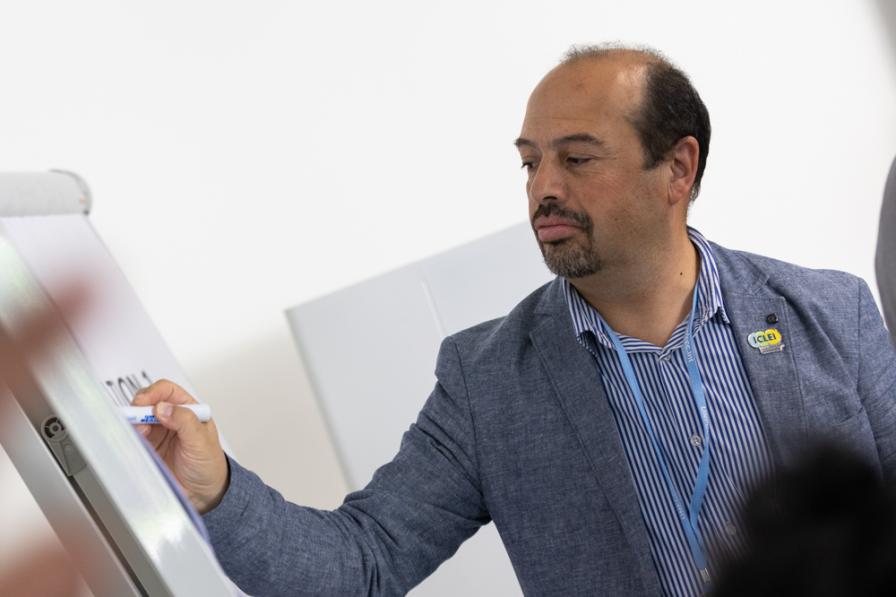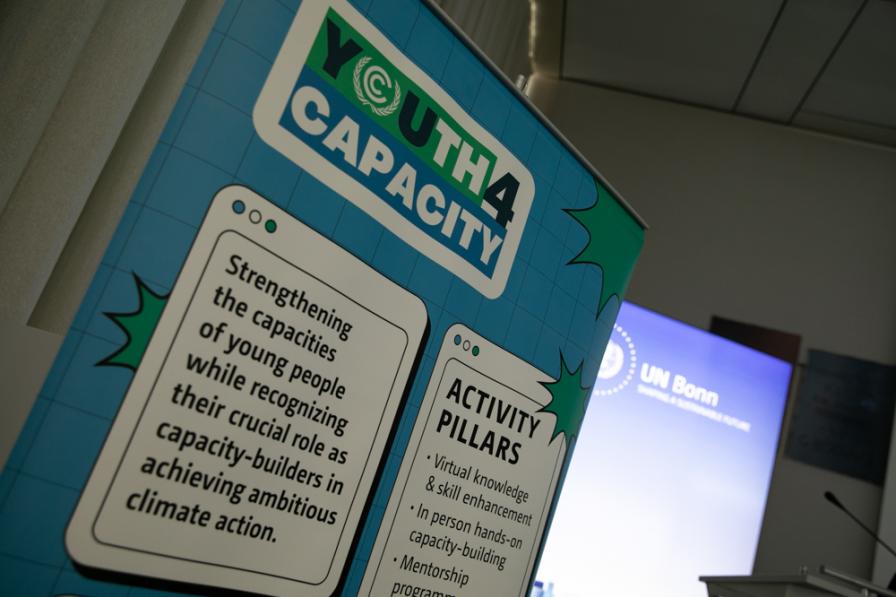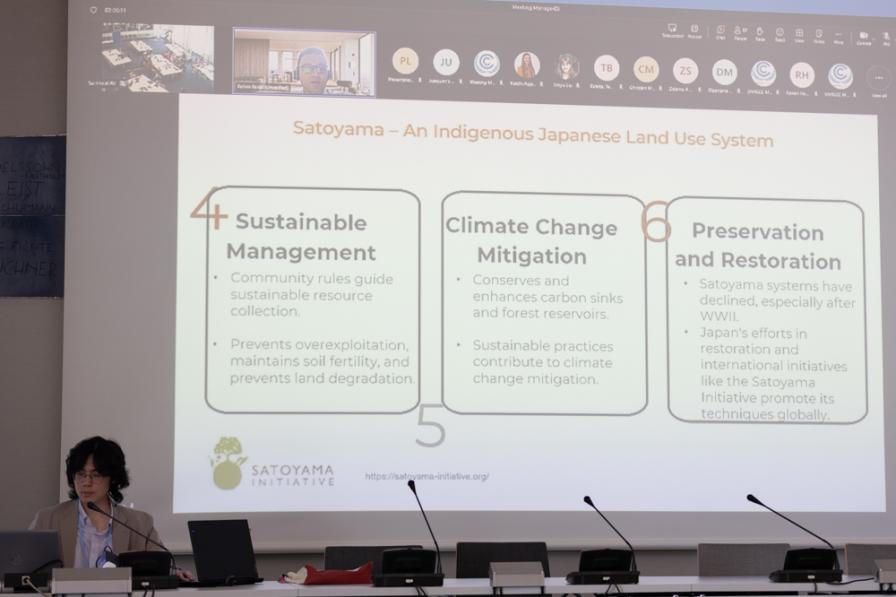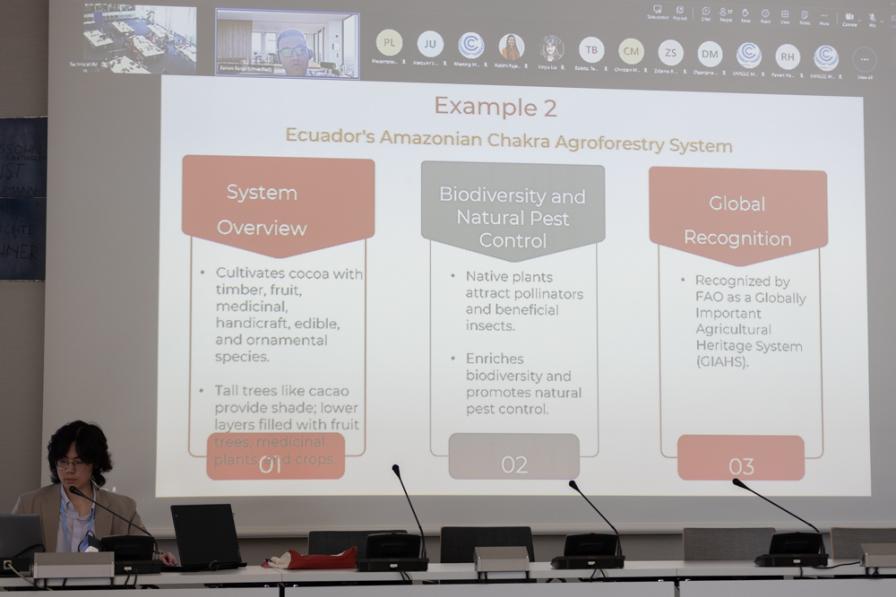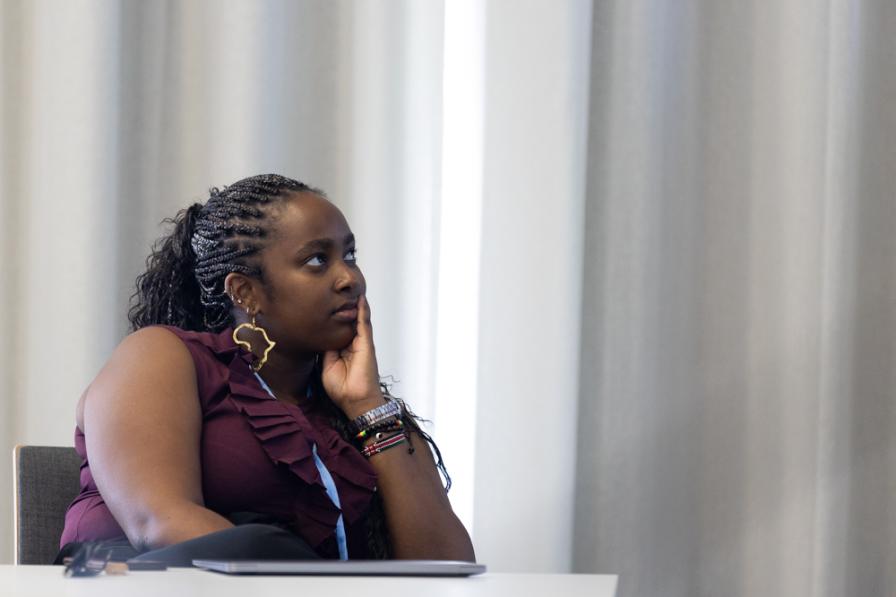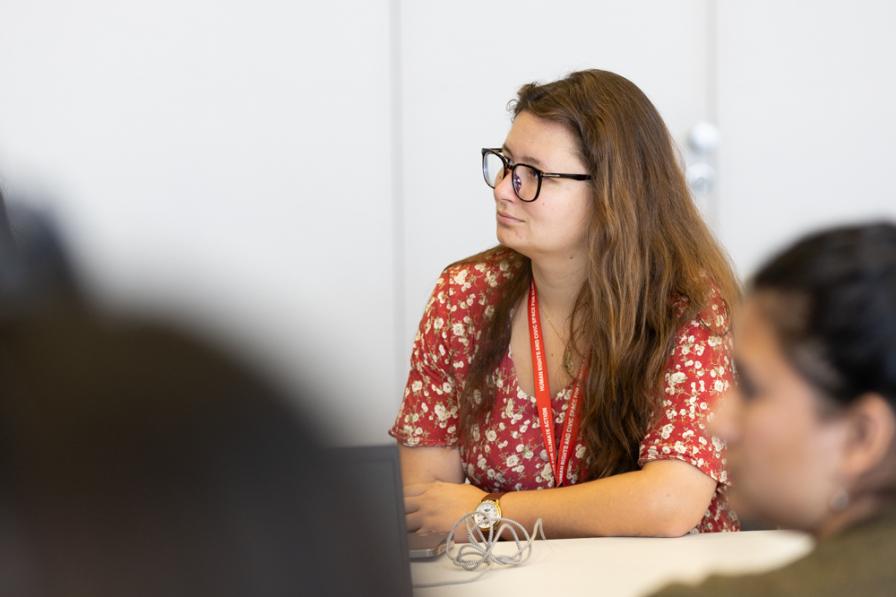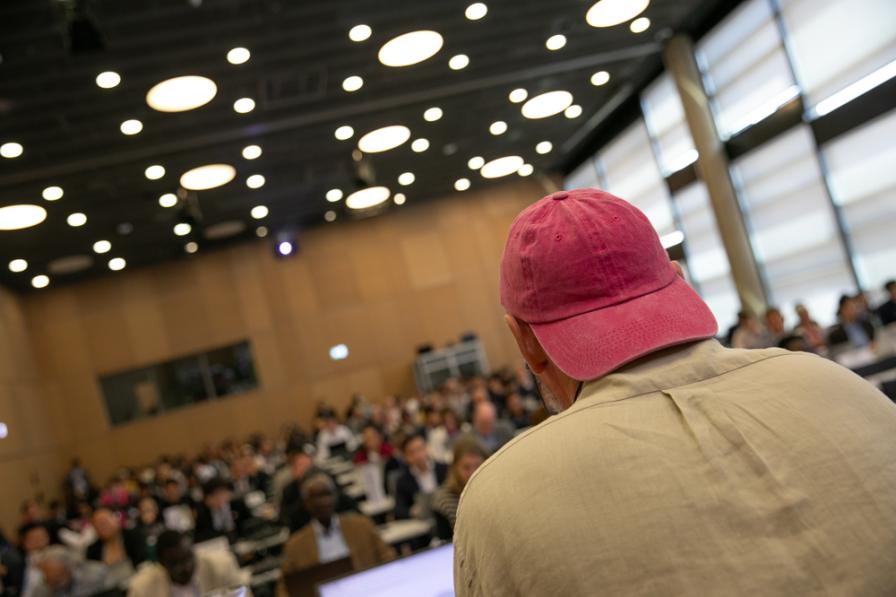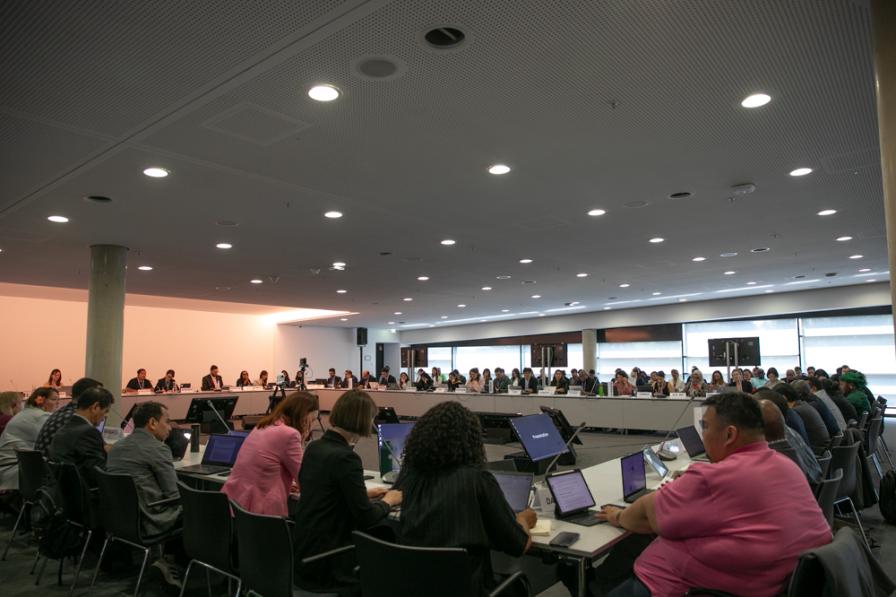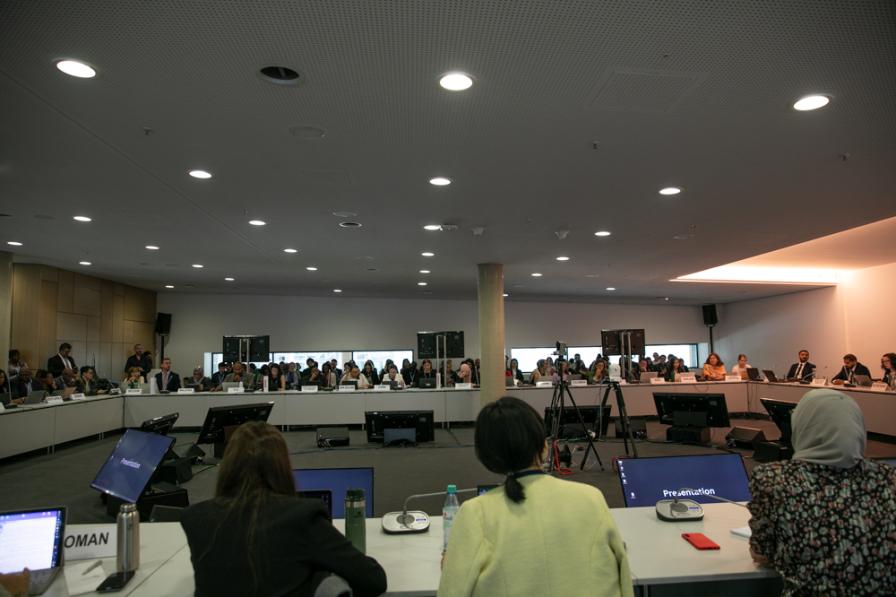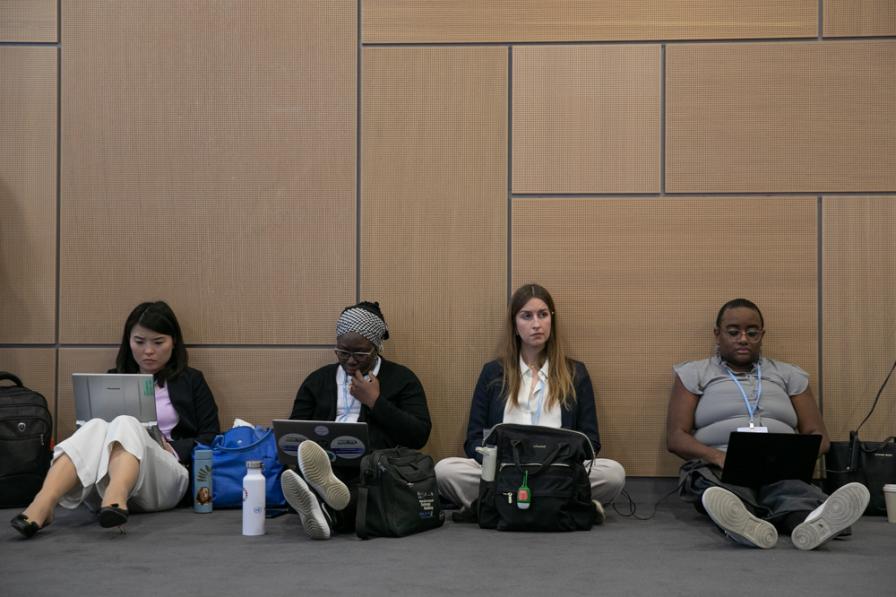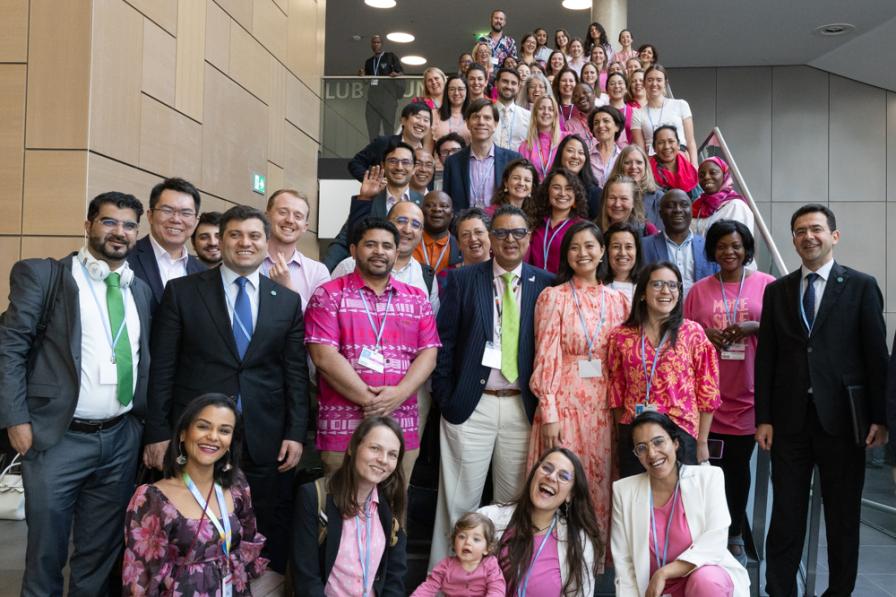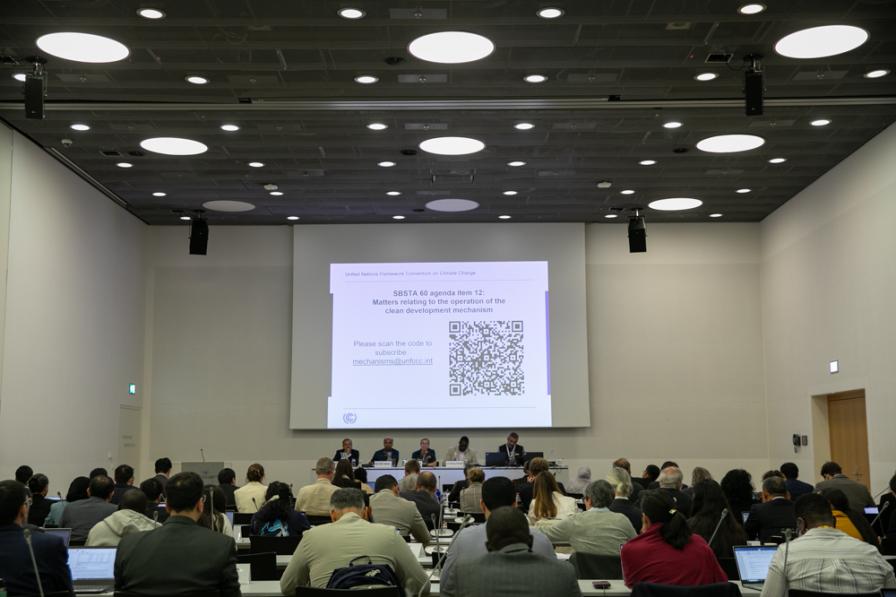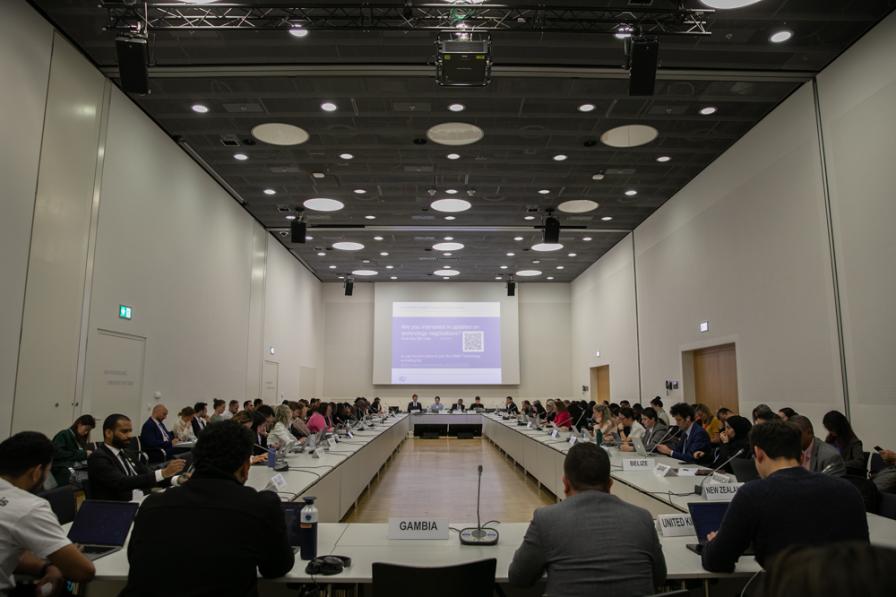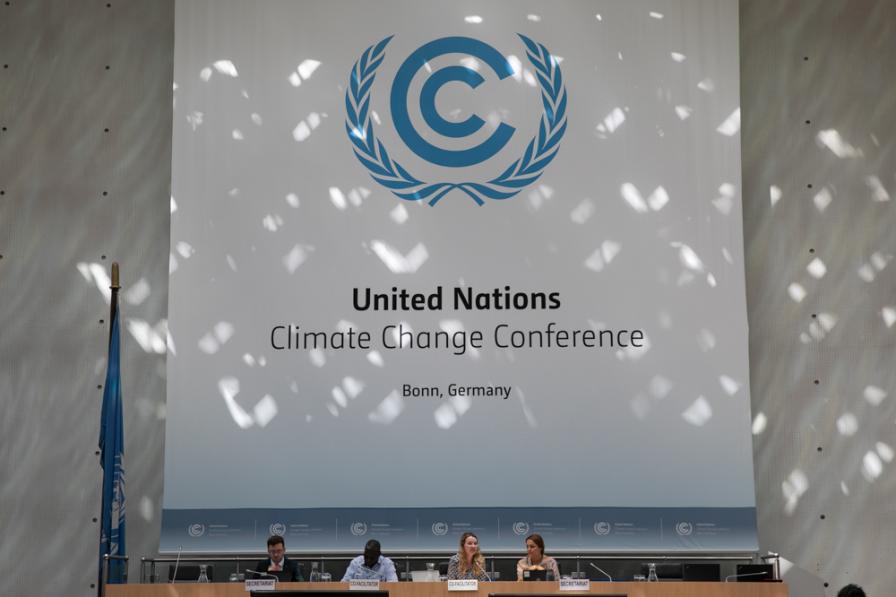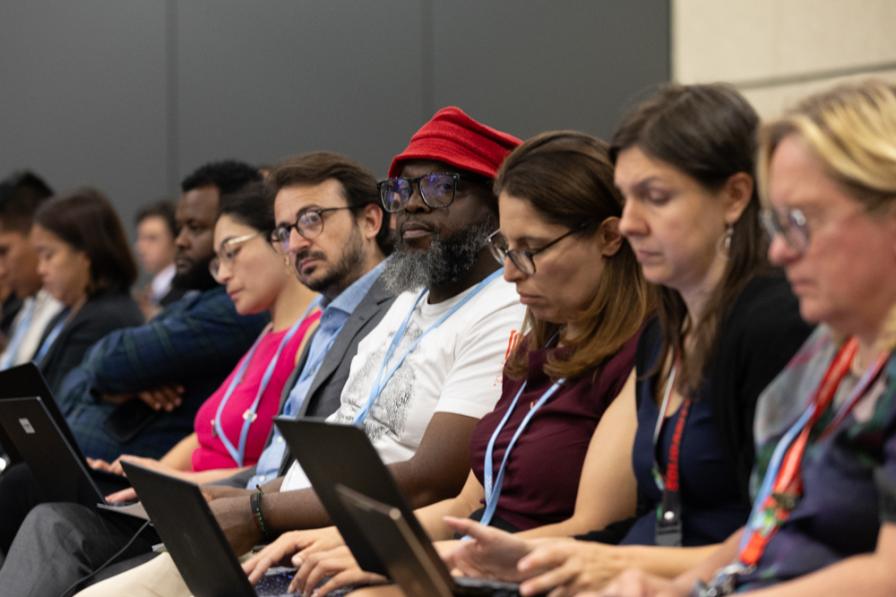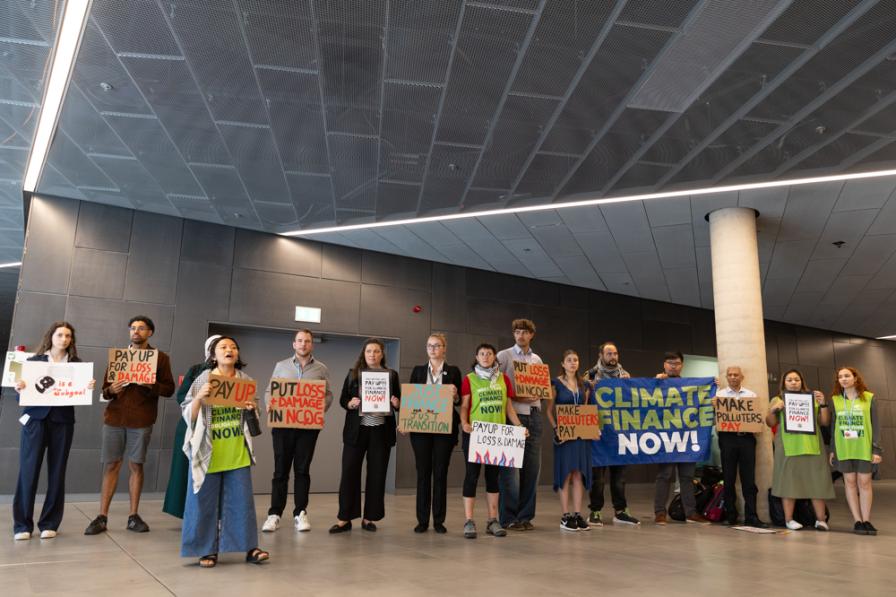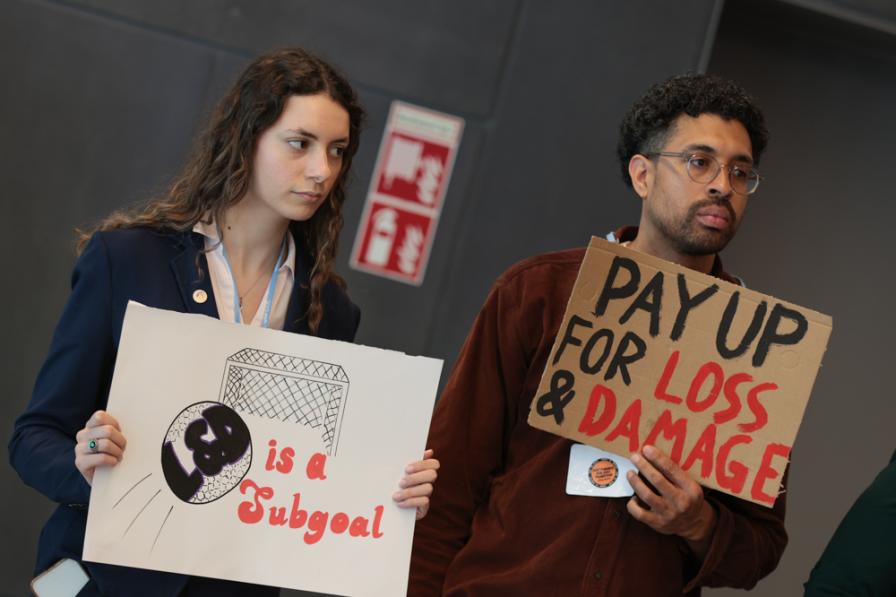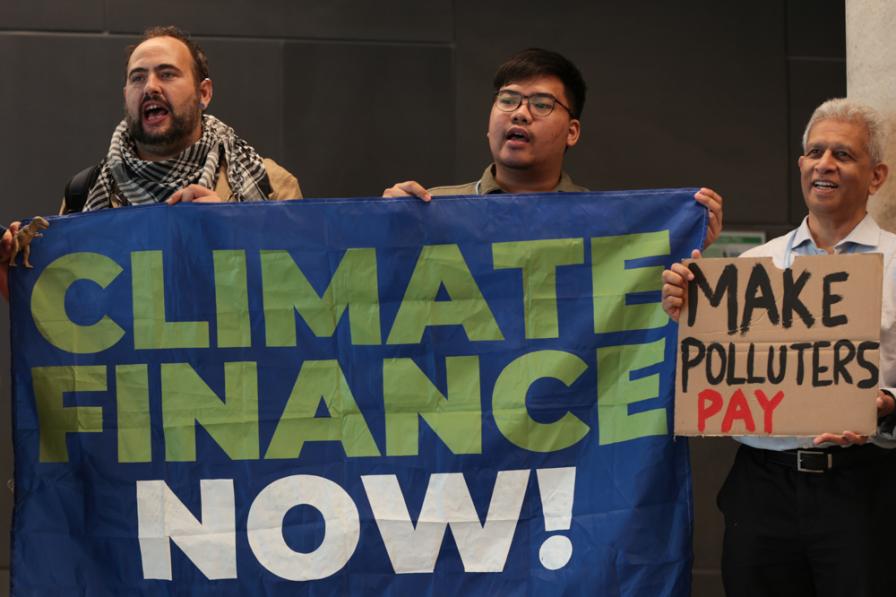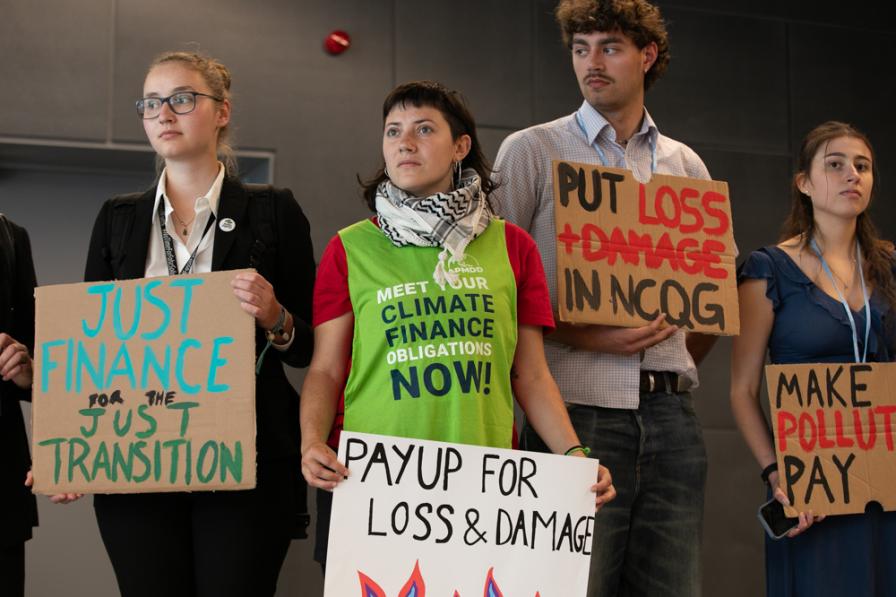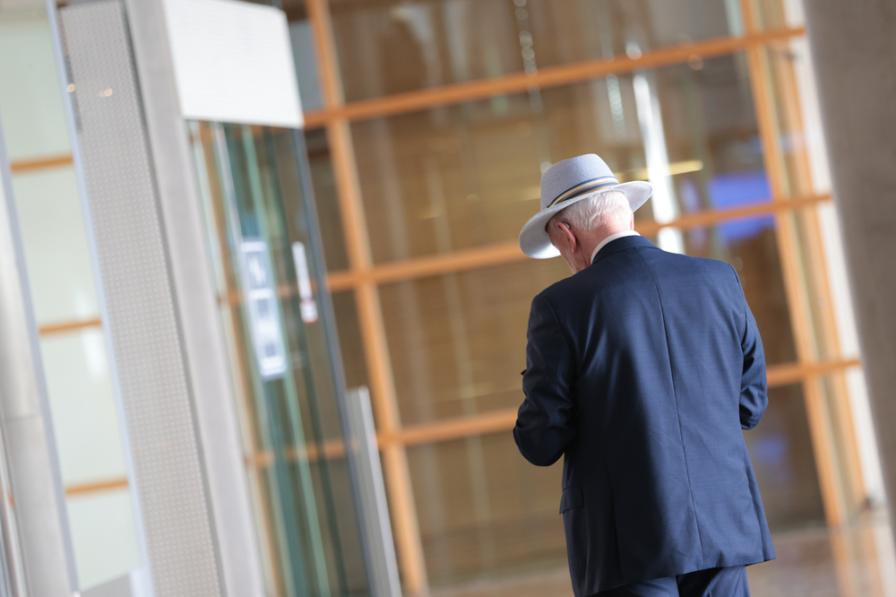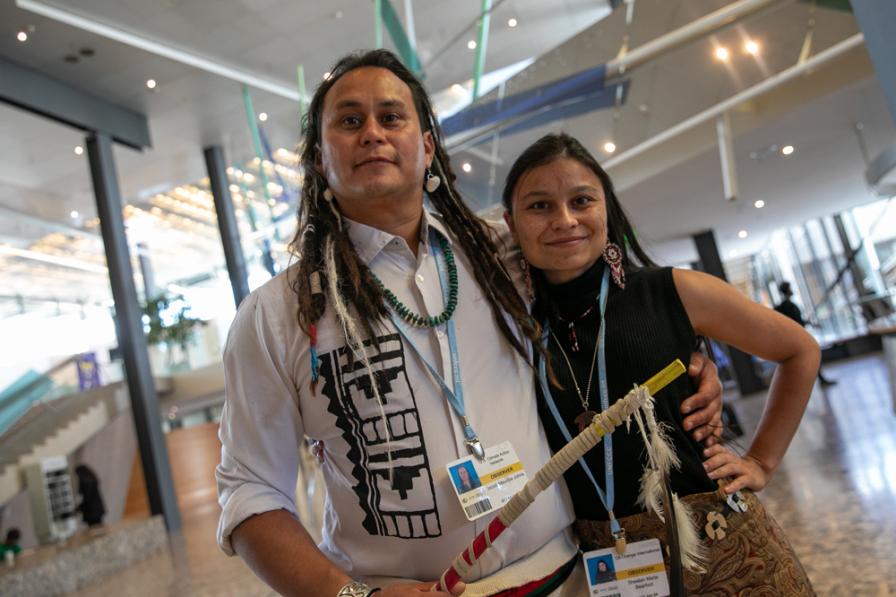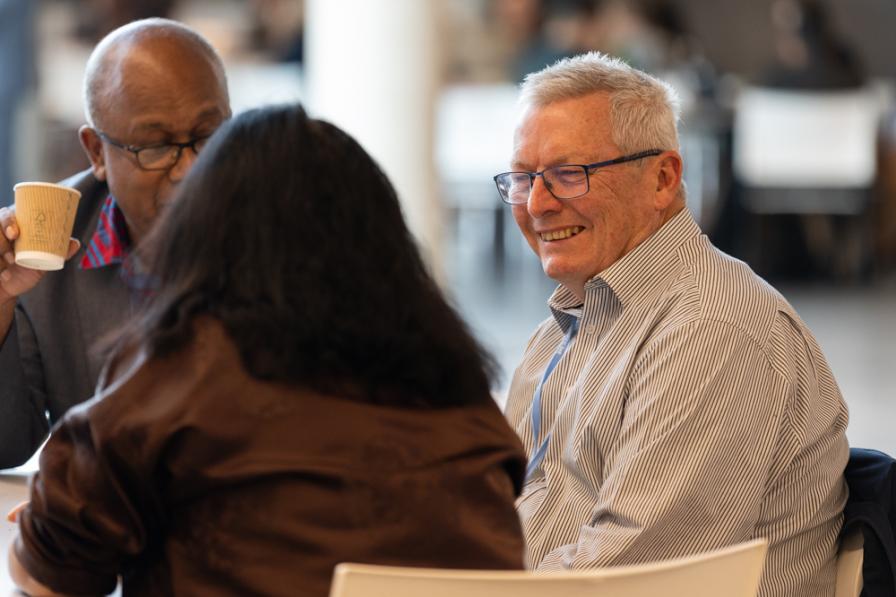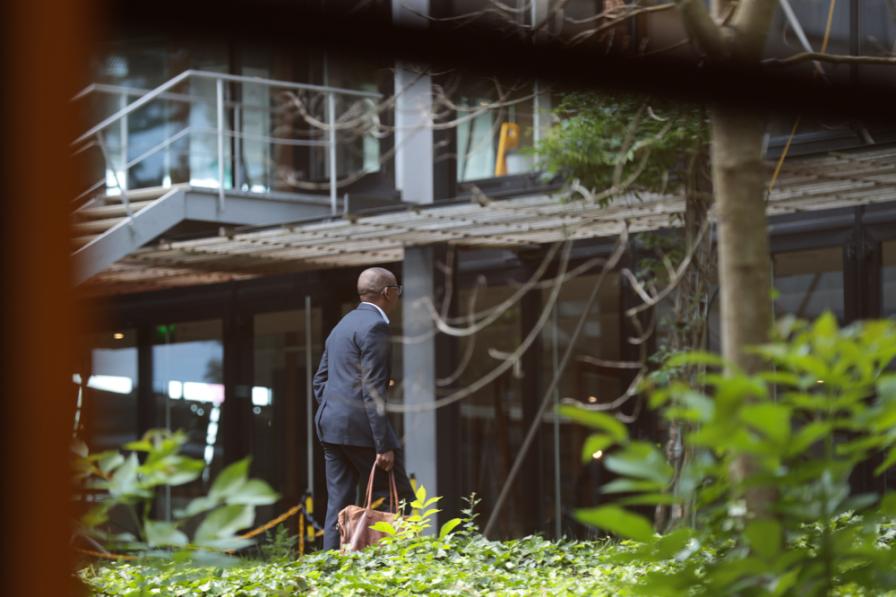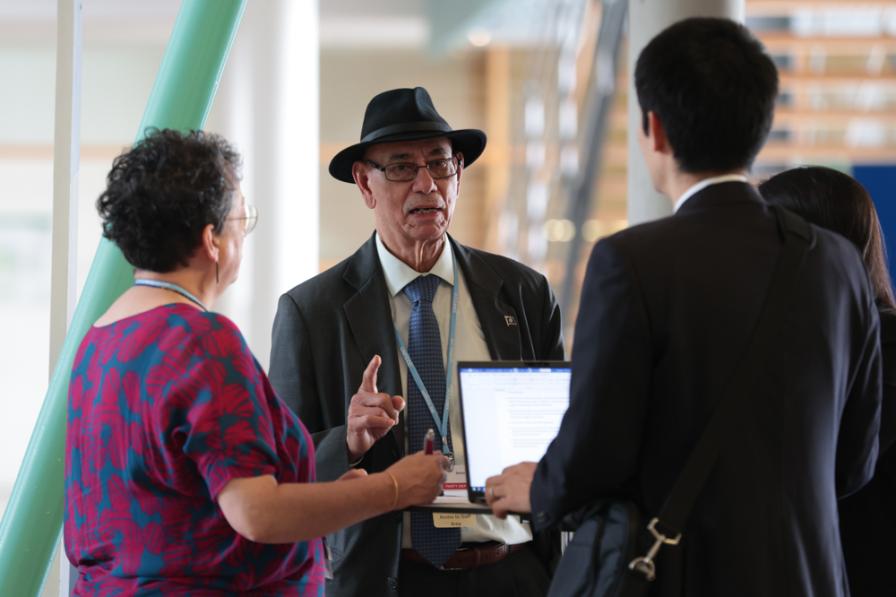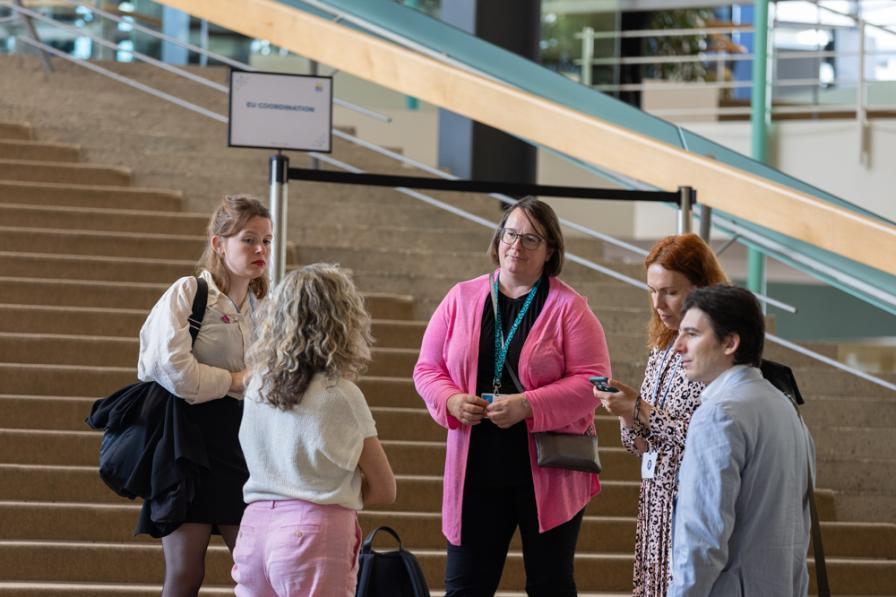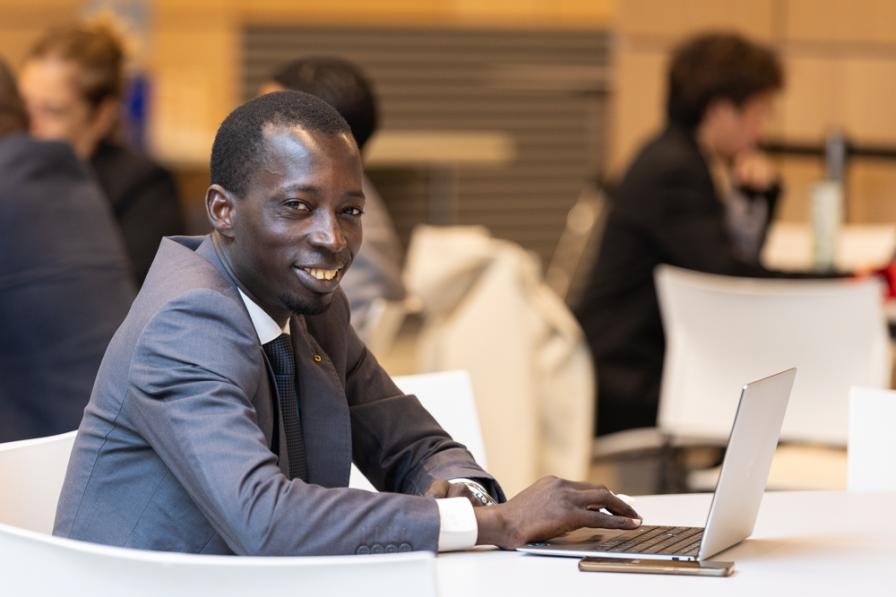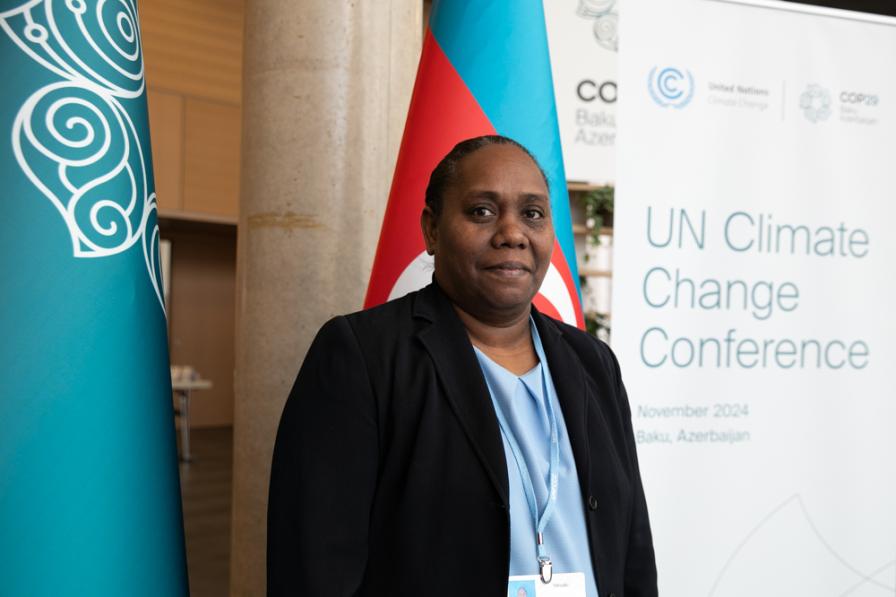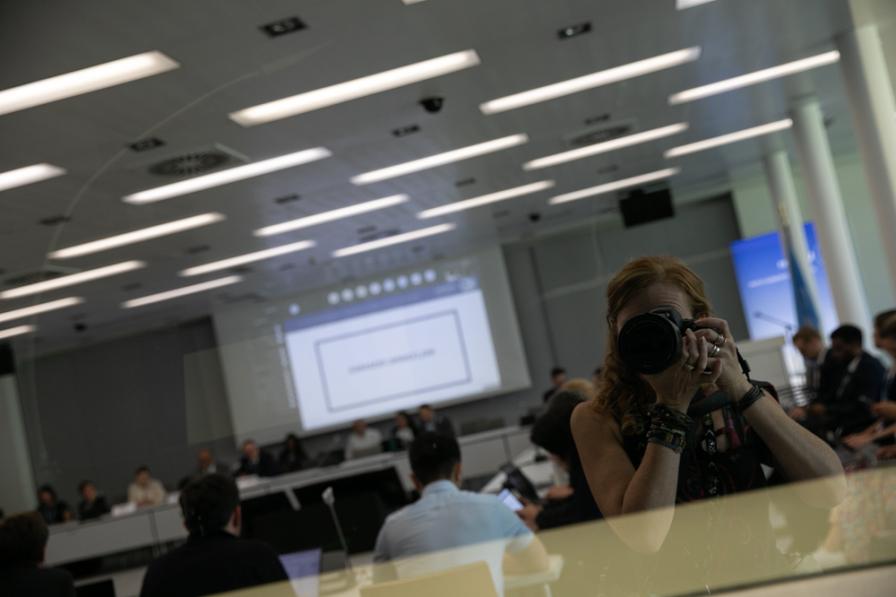Finance is often touted as the “great enabler of climate action.” No wonder then, that it crept up across various negotiation rooms at the June Climate Meetings of the UN Framework Convention on Climate Change (UNFCCC).
Want to dig deeper into today's talks? Read the full Earth Negotiations Bulletin daily report.
Interest in the discussions on the new collective quantified goal on climate finance (NCQG), to be defined prior to 2025, was such that even the overflow room was packed. Interest was not enough to foster much progress, however. Parties largely restated their well-known positions. They nevertheless signaled willingness to move to substantive discussions, with many pointing to access and transparency arrangements as areas conducive to finding common ground.
Delegates also discussed what to do with surplus funds from the Clean Development Development (CDM) Trust Fund: specifically, whether to transfer it to the Adaptation Fund or use it to support the development of the infrastructure for the cooperative implementation of the Paris Agreement (Article 6). Finance was also at the center of the negotiations aimed at fleshing out a new dialogue on implementing the Global Stocktake’s (GST) outcome: some consider the dialogue should focus on the implementation of all aspects of the outcome, others see it as centering on finance.
At the margins of the negotiations, a dialogue on Action for Climate Empowerment (ACE) took place. ACE is the UNFCCC process that provides a space to discuss pathways for mobilizing societal engagement in climate action. It touches upon issues such as education and training, public awareness, access to information, and public participation.
In his opening remarks at the ACE Dialogue, Executive Secretary Simon Stiell urged parties to address education and training in their nationally determined contributions (NDCs). “We can’t let shortage of qualified labor slow the transition,” he said, noting the need for both upskilling within existing professions and developing the future workforce.
Discussions touched upon, among others:
- leveraging non-formal forms of education, such as scouts or sports clubs;
- creating national youth councils to promote youth engagement in decision making;
- providing financial support for ACE implementation, such as through the International Climate Initiative or the Youth4Climate Call For Solutions; and
- tailoring messages to specific cultural contexts.
To receive free coverage of global environmental events delivered to your inbox, subscribe to the ENB Update newsletter.
All ENB photos are free to use with attribution. For the Bonn Climate Change Conference 2024, please use: Photo by IISD/ENB | Kiara Worth.
